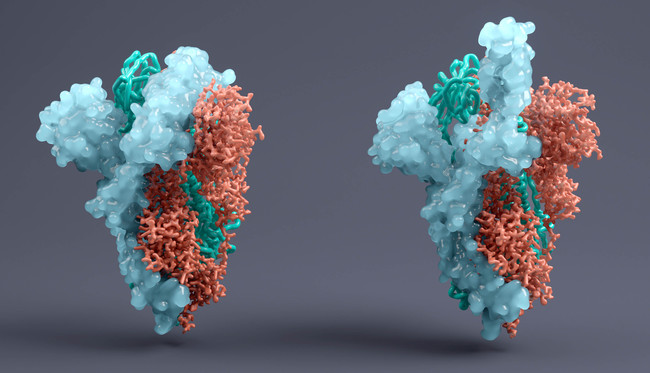Gates Foundation backs COVID R&D at AI firm Exscientia

Artificial intelligence-based drug discovery company Exscientia is stepping up its search for new COVID-19 medicines, thanks to an award by the Bill & Melinda Gates Foundation.
The $1.5 million grant will be used to develop a new class of small-molecule inhibitors of Mpro , a protease enzyme essential for the replication of the SARS-CoV-2 virus.
Exscientia said inhibitors of the enzyme could be used as a standalone antiviral therapy against SARS-CoV-2 as well as other coronaviruses, or as part of combination therapy with other drugs.
"The project's goal is to identify potential pan-coronavirus therapeutics that could be effective against COVID-19, and also new mutations or other SARS viruses that may emerge," said the UK biotech in a statement.
https://twitter.com/exscientiaAI/status/1408469320980742147
Orally-active drugs could be used to treat less severe, non-hospitalised cases of COVID-19. The only antiviral authorised for use against SARS-CoV-2 – Gilead's Veklury (remdesivir) – is delivered as an infusion so is used only to treat severely ill patients in hospital.
Exscientia is also leading the small molecule drug design activities of the EU-backed CARE (Corona Accelerated R&D in Europe) consortium set up last year, sharing funding of almost €78 million ($92 million).
CARE is also focused on using 'in silico' screening and profiling of candidate drugs for SARS-CoV-2 and future coronaviruses, along with repurposing other medicines and finding SARS-CoV-2 neutralising antibodies.
"The danger of new emerging strains and mutations of coronavirus means there is an urgent need for new antiviral drugs in this pandemic alongside vaccines, to respond more quickly in potential future coronavirus pandemics," according to Exscientia's senior portfolio manager Dr Denise Barrault.
"We believe that the world needs innovation to accelerate the discovery of more effective counter-measures for a range of infectious diseases, including COVID-19," she added.
Last year, Exscientia claimed a first by becoming the first company to take an AI-designed drug into the human testing stage – a candidate for obsessive-compulsive disorder partnered with Sumitomo Dainippon Pharma (DSP).
Since then, the company has started trials of two other drugs – Evotec-partnered cancer immunotherapy EXS-21546 and another DSP candidate for Alzheimer’ disease psychosis – reinforcing the potential of AI-based drug discovery.
The latest Gates Foundation grant comes on top of earlier awards for tuberculosis, malaria and non-hormonal contraceptives which were announced earlier this year.












